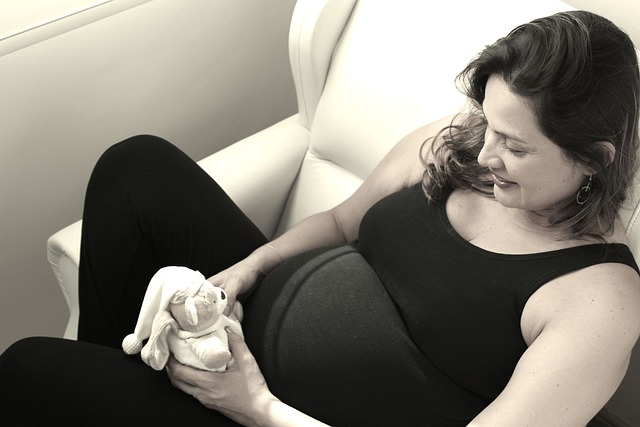Are you curious about late ovulation and its effect on your ability to get pregnant? Here’s a comprehensive look at what late ovulation means and how it may influence your conception journey.
What is Late Ovulation?
Late ovulation occurs when an egg is released from the ovary after day 21 of your menstrual cycle. Women with regular cycles typically have periods that span from 21 to 35 days. For instance, if you have a 28-day cycle, ovulation usually occurs around day 14. However, if your cycles are longer or irregular, you might ovulate later, which can complicate your chances of conception.
Causes of Late Ovulation
Several factors can contribute to late ovulation, including hormonal imbalances, stress, and certain medical conditions. Women with irregular cycles may find that they do not ovulate consistently, making it more challenging to conceive. In fact, irregular ovulation is a leading cause of female infertility, affecting up to 25% of couples seeking treatment, as noted by the American College of Obstetricians and Gynecologists (ACOG).
How Late Ovulation Affects Fertility
If you ovulate late, it can impact your fertility by shortening the window of time for conception. Sperm typically survives in the female reproductive tract for up to five days, so timing intercourse around ovulation is crucial. If you are unsure about your ovulation patterns, you might consider using tools like an ovulation calculator or seeking advice from fertility specialists.
For those exploring home insemination options, consider checking out MakeAMom, which offers an innovative reusable insemination method. You can also learn more about the process by visiting how at-home insemination works.
What to Do if You Ovulate Late
If you suspect that you are ovulating late, there are steps you can take to improve your chances of conceiving. Keeping track of your cycle, using ovulation prediction kits, or consulting a healthcare provider for personalized advice can be beneficial. Additionally, consider joining a supportive community like MakeAMom’s free sperm donor matching group for guidance and resources.
When to Consult a Doctor
If you experience consistent irregularities in your cycles or have difficulty conceiving after several months, it may be time to consult a healthcare professional. They can help identify any underlying issues and recommend appropriate treatments.
For those dealing with conditions like endometriosis, overcoming challenges with perseverance can be empowering. Understanding your options, such as intrauterine insemination (IUI), can also provide valuable insights into your fertility journey. For more detailed information, check out this comprehensive guide on IUI.
Conclusion
Understanding late ovulation and its potential effects on your fertility is vital for anyone trying to conceive. Resources like this guide on insemination options can offer additional insights to help you navigate your journey.
To Summarize:
Late ovulation is when an egg is released after day 21 of your cycle, which can complicate your chances of getting pregnant. Factors like hormonal imbalances and stress may contribute to this phenomenon. Keeping track of your cycle, seeking professional advice, and utilizing resources like home insemination options can greatly enhance your fertility journey.

